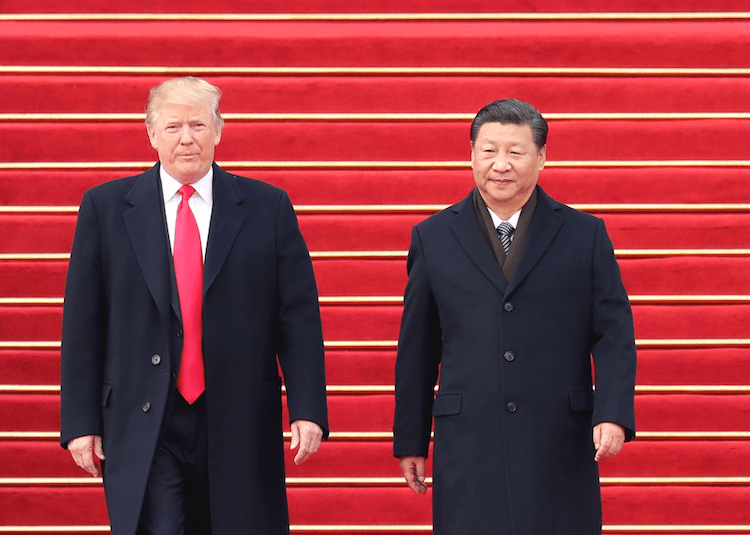The re-election of Donald Trump as US president raises the possibility of renewed trade tensions with China, which could significantly impact the global luxury market, especially regarding Chinese consumer behavior. Given Trump’s history of escalating tariffs, including proposals of up to 60% on Chinese imports, analysts anticipate heightened economic friction that could curtail trade between the two largest economies and disrupt luxury spending.
During Trump’s first term, the US-China trade war affected Chinese consumer confidence, shifting spending patterns and reducing demand for American luxury brands. This time around, with even higher proposed tariffs, China might respond with a robust fiscal stimulus to bolster its domestic market, potentially supporting local luxury brands over foreign ones, particularly those from the US. Goldman Sachs suggests that China’s government could intensify its focus on stimulating domestic consumption, which might indirectly benefit local brands more than foreign competitors, particularly those from America.
For US luxury retailers, a Trump administration’s approach could reduce the flow of Chinese tourists, who contribute significantly to US luxury sales. Previously, Chinese tourism to the US declined by nearly 5% amid trade tensions and stricter visa regulations, and this trend could worsen with a resurgence of anti-China rhetoric. In key luxury hubs like New York and Los Angeles, reduced Chinese spending may lead to financial challenges for luxury retailers who depend on this demographic.
China’s current capacity to retaliate has grown since 2018, with tools such as export controls on critical materials and an “entity list” that could restrict American companies. Additionally, Beijing could counter tariffs by devaluing the yuan, which would make Chinese exports more competitive. However, this move risks straining China’s relationships with other trading partners, which could trigger broader global economic disruptions.
Interestingly, these dynamics could present opportunities for European luxury brands, as Chinese consumers may favor brands perceived as neutral in the US-China conflict. European luxury houses, known for heritage and quality, might see an increase in demand as Chinese consumers shift focus from American brands. Although European markets initially experienced trade-related stock fluctuations, European luxury brands could gain a competitive edge in China if tensions between the US and China persist, allowing them to capture market share and strengthen their positioning in the Chinese market.










